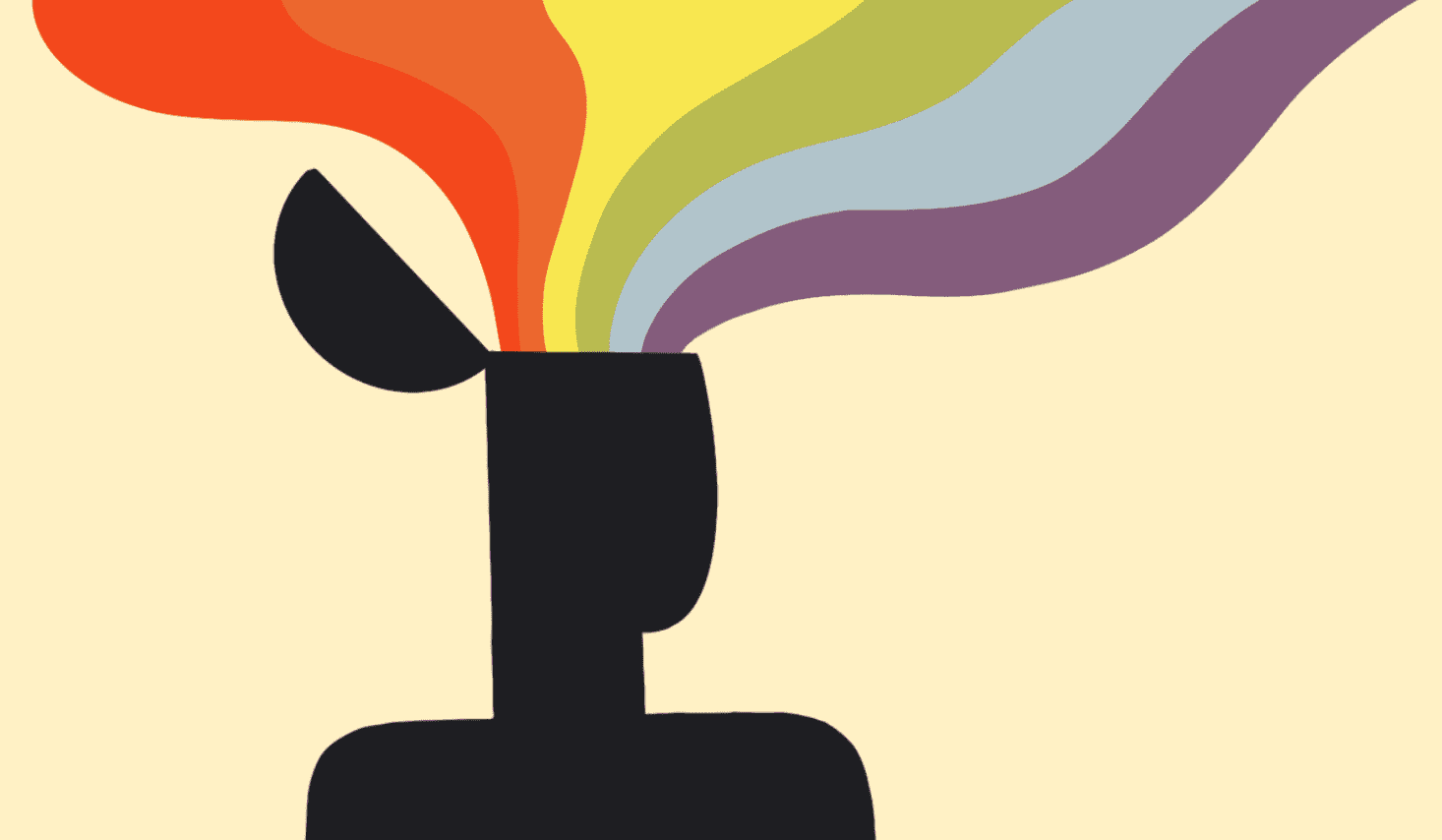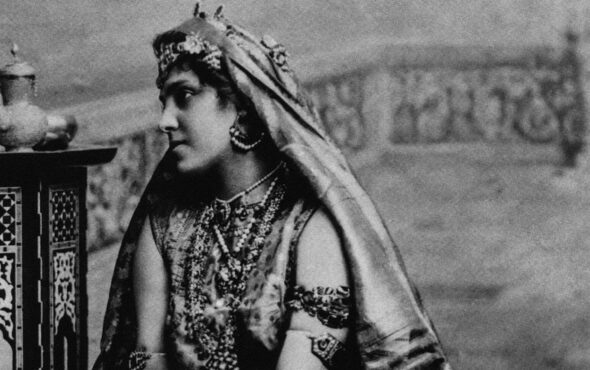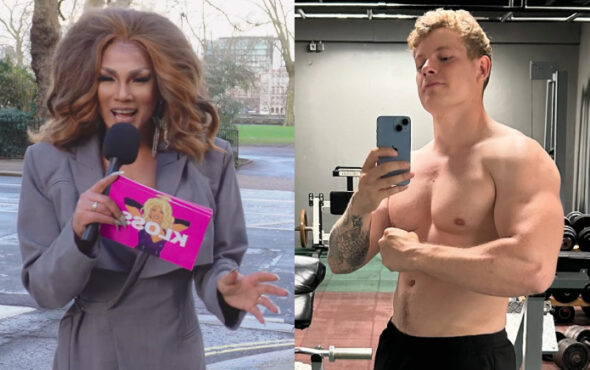
Open dialogue around mental health is becoming more consistent every single day. Whether it be in the workplace or at home, as a society we are learning to talk more about what’s going on in our minds.
But what if you’re LGBTQ+? Often we face specific challenges that our non-queer counterparts don’t face. Anxieties around coming out or transitioning can make life hard in ways that we can’t always openly share.
To help out, GAY TIMES sat down with LGBTQ+ psychiatrist Dr David McLaughlan to ask some of the most common questions LGBTQ+ people have surrounding their mental health. See this as a resource to save and keep handy whenever you feel like there isn’t a space to have your questions answered.
Is there anything LGBTQ+ people should avoid doing if they’re struggling with their mental health?
Be wary of ‘quick fixes’ or self medicating with drugs and alcohol. It almost always makes things worse. I’d also avoid bottling things up. If something doesn’t seem right, don’t just leave it and hope it gets better by itself. Sometimes it can feel frightening asking for help, but almost no one regrets it once they’ve done it. It’s a bit like coming out – liberating and a relief.
Who should LGBTQ+ people try and speak to if they’re worried about their mental health?
You should speak to anyone you feel comfortable with. The most important thing is just speaking to someone. It could be your best friend, your sibling, a neighbour or even a stranger. Sometimes just hearing yourself acknowledge your own mental health out loud can be the first step. I’ve had patients who told me that they began by journaling first. This helped them reflect upon their thoughts and feelings by themselves before they felt confident enough to talk about it out loud with another person.
What do you see most in LGBTQ+ people who come and speak to you about their mental health?
Lots of my LGBTQ+ patients have experienced trauma or adverse life events. Sometimes there is a significant event which triggered an initial deterioration in their mental health, such as an assault. However, there often is an insidious accumulation of trauma or adverse life effects which accumulate over time.
These are things like bullying, discrimination or micro-aggressions. It can happen anywhere; at home with family, in the workplace or out in public when using public transport for example. On a cellular level, trauma or an adverse life event exposes our neurons (the cells in the brain responsible for receiving sensory input from the external world) to the stress hormone cortisol, which is cytotoxic. This means that stress literally kills brain cells… In studies, scans have shown that people exposed to trauma or repeated adverse life events have structural differences in their brains.
In terms of diagnosis, I see a lot of anxiety disorders within the LGBTQ+ community. Anxiety disorders are a diverse range of conditions which include Obsessive Compulsive Disorder (OCD), Post Traumatic Stress Disorder (PTSD), Panic Attacks as well as Generalised Anxiety Disorders and specific phobias. For example, Agoraphobia.
I also see lots of substance misuse. There are specific trends and patterns of substance misuse within LGBTQ+ subcultures. For example, the use of Crystal Meth within cis-gay men engaging in chemsex compared to an older cis-gay woman may be more vulnerable to alcohol abuse, often characterised by drinking alone at home.
One of the things I always try to communicate and recognise is that we are a really diverse community, with diverse biological, social and psychological experiences and accordingly, our needs are really diverse which makes it tricky sometimes to understand and support everyone. However, the key is to continuously listen and actively seek opportunities to learn.
What are your top tips for handling anxiety around coming out?
It’s okay to feel anxious about coming out. It can be a really big deal for some people and it’s not always easy. Each of us has a different set of circumstances that we have to navigate when we come out. Our families, friends, homelife, cultural background, careers and environment all play a big part in the experience of coming out.
However, sometimes when we are really anxious we imagine that things will be much worse than they really will. These negative predictions about the future can be affected by a cognitive distortion called ‘catastrophisation’. In this situation, our mind goes into ‘what if’ mode, automatically imagining the worst possible thing that could happen.
It might be worth gently challenging some of these predictions. Ask yourself, ‘Is it possible that I could be catastrophising?’, ‘Are there other possible outcomes which aren’t as bad?’.
The most important thing is doing it when you feel safe and ready.
What should LGBTQ+ people do if they’re struggling with alcohol or drug dependency?
LGBTQ+ people are disproportionately affected by drug and alcohol misuse as well as mental health difficulties. Despite this, they’re less likely to ask for help, with 14% reporting a fear of discrimination as the barrier to seeking mainstream support.
According to Stonewall’s LGBT Health In Britain Report (2018) and the UK Household Longitudinal Study (Becares. L 2020)
- 1 in 6 LGBTQ+ people said they drank alcohol almost every day over the last year
- 1 in 5 Gay, Bisexual or Trans men drank alcohol almost everyday over the last year compared to 13% of LGBT women and 11% of non-binary people
- 52% of LGBT people experienced depression in the last year
- LGBT older women are almost twice as likely as heterosexual women to have harmful drinking habits.
This was, in part, why I co-founded Jitai – an app which helps people reduce or cut down drinking. I felt passionately that everyone who wants to reduce or quit drinking, should be able to access support, regardless of their sexuality, gender or financial status.
The app will offer a range of personalised tools and techniques such as mindfulness, breathing exercises and its own unique motivation board to help beat temptation. In our first pilot study, 90% of our users told us that we had helped them achieve their goal of cutting down or quitting drinking.
We’ve had some really incredible feedback from users which was amazing and made me realise that we are really helping people.
What’s the best way to deal with social anxiety as an LGBTQ+ person?
A lot of LGBTQ+ people experience social anxiety. We grew up in a world where being ourselves was potentially something dangerous or put us at risk of bullying or social exclusion.
One of the exercises that I do with my patients at The Prior Hospital in Roehampton is an attention training exercise. I ask my patients to practise shifting the focus of attention away from themselves and onto the world around them.
Stage 1 is to recognise when you are experiencing self-conscious thoughts, feelings or bodily sensations. For example, thoughts such as ‘everyone is staring at me, I sound so stupid’.
Stage 2 is about shifting the focus of your attending away from our internal world and fixing it onto the world around us. Start by taking a few deep breaths, then looking around you. What can you see? Do you notice anything interesting about the shapes, colours or textures? How would you describe an object you’re looking at to someone who had never seen it before? Can you take a curious, non-judgemental approach and work through each of your five senses to draw the focus of your attention away from yourself and onto the world around you?
Your mind is like a muscle. This exercise can be tricky at first, but gets easier with practice.
Extra support and services for anyone struggling with mental health can be found below.
Samaritans – 24/7 Telephone line – 116 123
Mind Out – Mental Health Service run by and for LGBTQ+ people
GALOP – LGBTQ+ Survivors of hate crime and sexual violence
CliniQ – Wellbeing and sexual health services for trans, non-binary and gender diverse people
Victim Support – Supporting victims of crime and traumatic incidents


